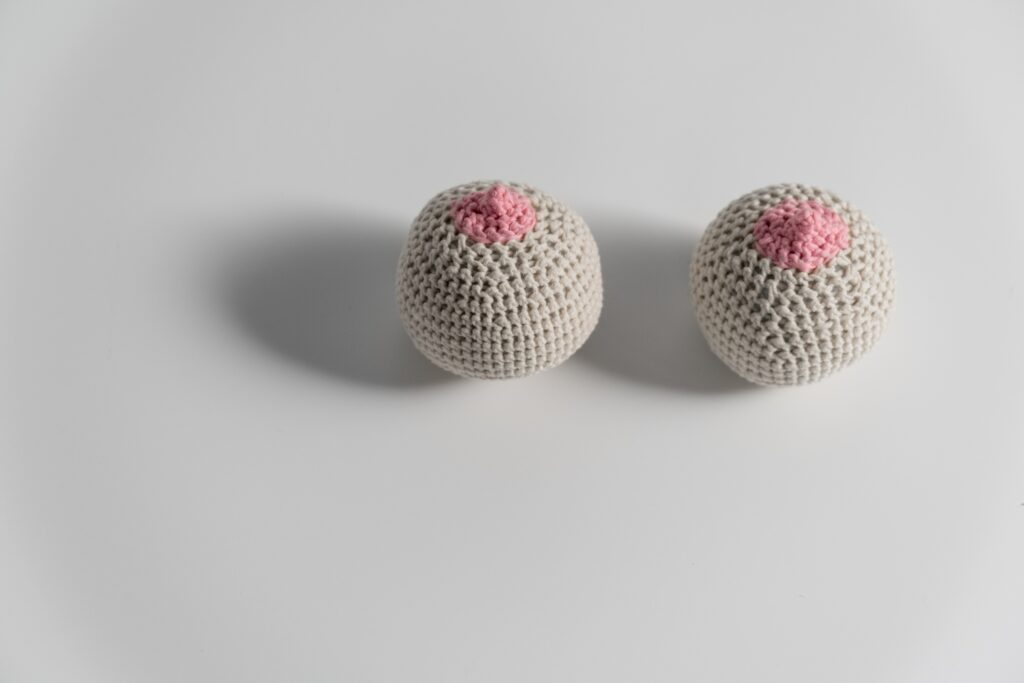 As lactation professionals, our support extends beyond basic initiation and latching support. There are times we will support an exclusively pumping parent. While some cases of exclusively pumping will extend beyond our scope of practice as a certified breastfeeding counselor (CBE), there are many situations where we can be the support provider.
As lactation professionals, our support extends beyond basic initiation and latching support. There are times we will support an exclusively pumping parent. While some cases of exclusively pumping will extend beyond our scope of practice as a certified breastfeeding counselor (CBE), there are many situations where we can be the support provider.
Exclusively pumping has many similarities to breastfeeding, but there are unique circumstances and things to consider. Here are some top tips on supporting an exclusively pumping parent:
Exclusively Pumping Is Breastfeeding
It is easy to get caught up in semantics, especially in parent forums. At the end of the day, pumping results in breast milk and is thus breastfeeding. When we reassure our clients, they are in fact breastfeeding parents, we might be providing them with important encouragement.
While some parents are exclusively pumping for personal preferences, many are doing so out of need. Some reasons a parent might need to exclusively pump include:
- A premature baby, especially less than 35 weeks. Babies cannot safely suck, swallow, and breathe prior to 34 weeks and require tube feeding.
- Baby with a cleft lip or palate or other medical condition
- An ill baby or one with tone or coordination difficulties
- Breast refusal due to oral aversion or need for measured feeds (certain medical conditions)
- Baby unable to latch due to nipple shape or size (often temporary, as baby grows, they might be able to latch)
- Early return to work or school with long periods of separation
- History of trauma
- Personal preference
Whatever the reason one is exclusively pumping, it is important to be a source of encouragement. Pumped breastmilk has significant benefits just like feeding at the breast. There are every so slight differences, but that information is not typical beneficial in a situation where a parent needs to pump.
Teach Supply, Demand, and Realistic Expectations
Like many aspects of parenthood, knowing what to expect and having realistic expectations can make things much smoother.
In a world where social media highlights overproducers with freezers full of milk despite pumping just a few times a day, maintaining realistic expectations can be hard.
Evidenced based sources recommend parents pump approximately eight times per twenty-four hours. This mimics how frequently an infant might feed.
Breast milk is made via supply and demand. When parents understand that their supply responds to the demand, they will understand why it is important to maintain regular pumping sessions. Yes, there are some people with extreme oversupplies and large breast storage capacity who can pump just a few times a day. However, it is important we explain to parents that is the exception.
One excellent quote, “Feed the baby, not the freezer.” This is a great motto to remind parents not to stress about having a large stash. They need only produce what baby is actually consuming.
Provide Tips and Tricks For Ease
Exclusively pumping can be very time consuming. The actual pumping itself is not difficult. However, the frequent washing of pumps, lugging them around, etc., can be quite daunting. This is especially true of parents who have a child in the NICU, hospital, or are back to work or school very early.
Some tips and tricks to pass onto exclusively pumping parents include:
- Use a hospital grade pump as often as possible to help maintain higher output.
- If budget allows, a wearable breast pump is great to get extra pumping in during busy days. However, a wearable pump is not typically effective enough to be the sole pump they use.
- Learn to hand express to get extra milk after pumping, or when there’s no access to a pump.
- Have a pump kit at the hospital you can keep there, a portable pump for the car if possible, and a pump at home. Less lugging can make pumping feel less daunting.
- Utilize sterilizing bags for ease if one does not purchase a large sterilizer.
- Have a bin of hot soapy water to soak pump parts in to make cleaning easy once they get to it.
- Pump wipes and sterilizing sprays are great for on the go.
- Pump after doing skin-to-skin, babywearing, watching a video, or smelling an item with baby’s scent to encourage milk ejection reflex and supply.
Know When to Refer an Exclusively Pumping Parent For More Support
As a certified breastfeeding counselor, you are well trained and equipped to support parents who are pumping. However, there are times where aspects of pumping can be beyond your scope of practice.
If there are concerns about output and baby’s weight, an IBCLC and the baby’s pediatrician should be involved. Questions related to frequency of sterilizing should be referred to the NICU, hospital, or outpatient primary provider.
If a parent is struggling with the stress of being an exclusively pumping parent, they may want to consider therapy. In fact, many new parents, regardless of feeding method, can benefit from therapy during this big life transition.